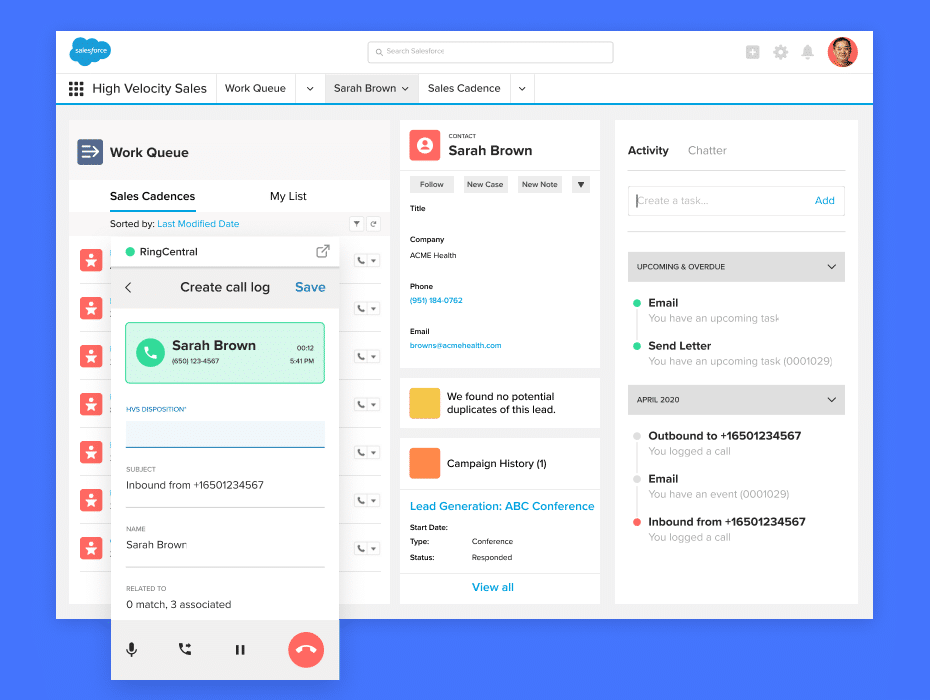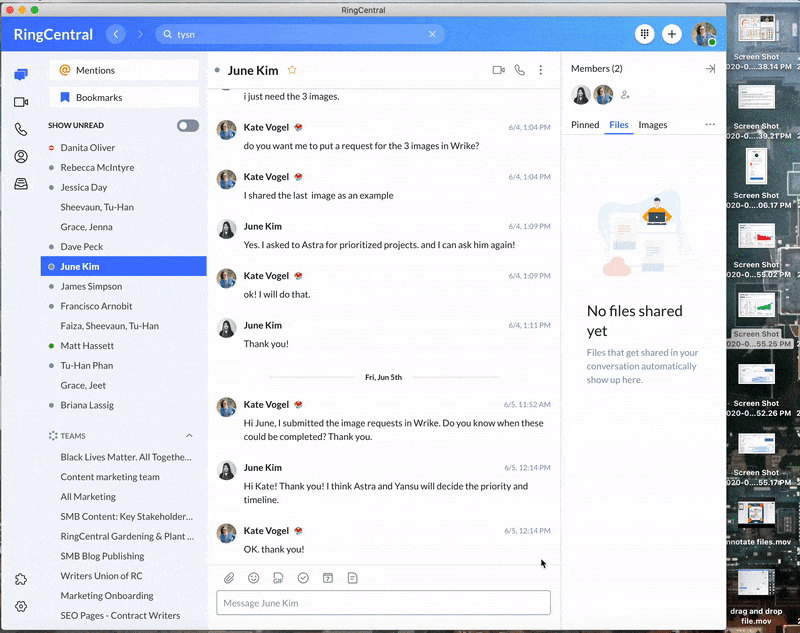Here’s a not-so-fun fact: recent research shows that around 90% of startups fail over a period of years:
- 21.5% of startups fail in the first year
- 30% fail in the second year
- 50% fail in the fifth year
- 70% fail in the tenth year
It doesn’t seem to matter whether the startup is a household name like WeWork or MoviePass, or if it was so small that no one would ever have heard of it outside a tiny and specific niche. Startups, in general, tend to be more likely to fold.
The good news is, we know why these businesses go under, and we can learn something from these startup failures.
Here are some of the top reasons why startups fail:
- Didn’t understand the market
- Market conditions changed unexpectedly
- Bad timing
- Cash problems
- Flawed business plan
- Didn’t hire the right people
- Entered into a bad partnership
- Failed to learn from mistakes and make adjustments
- Lost the passion to succeed
- Unforeseen crisis: A black swan event
BONUS: This one solution could solve a bunch of your startup’s problems.
Let’s find out more about these warning signs and how you can avoid startup failure.
🚀 Is your companies communications system meeting todays demand? Download our checklist to see if your communications are holding you back from better employee and customer experiences, ROI, productivity, and more.
10 common reasons why startups fail
1. Failed to understand/gauge the market
Many entrepreneurs go into a startup pumped about a new idea, with grand visions of selling a million units in the first year, but without an accurate understanding of the market need for their item. It’s impossible to drive meaningful innovation without a full concept of what’s out there.
Surely everyone wants their latest gizmo or gadget, startup founders reason, and if they can get a few investors to provide enough venture capital, they can be in business for a time before they figure out that they’ll never make the kind of profit they think they will.
The market is an incredibly complex beast, so it’s no wonder many startups can’t reliably figure out their chances of success accurately. While there are models and tools that can provide insights into the possibility of entrepreneurial success, there are also many times when there is really no way to predict success or failure until you get the product to market and simply see how it does.
2. Changing market conditions
Sometimes those involved in a startup have an accurate view of the market, but then market conditions change before they are established enough to weather those changes.
The coronavirus pandemic was a perfect example of changing market conditions that caused many businesses to struggle or fail. Shutdowns and capacity restrictions caused many retail businesses and restaurants to see their volume decrease dramatically, and it took many months for some customers to feel comfortable enough to come back.
For some startups in their early days without much profit to fall back on and without an established customer base, the huge market changes were too much for them to weather and the entire venture amounted to not much more than a series of false starts.
Now, small businesses are being hit with labor shortages that have forced some to cut their hours or make due with fewer team members to handle vital aspects of the business. These challenges will no doubt lead to failure patterns that could be long-lasting, especially for some brands that were already struggling before the pandemic.
3. Bad market timing
Sometimes a startup has a great idea, but doesn’t time a major product launch or marketing push well. Unfortunately, it may only take one ill-timed move to cause the startup to fail, if investors get wind of the poor decision-making and decide to bail.
Some ideas have just been ahead of their time, like Google precursor Ask Jeeves or grocery delivery service WebVan. The concepts were great, but not enough people saw the need for the service, or it just seemed too “out there” because nothing else like it existed yet.
Other ideas have been poorly marketed from a timing perspective, such as launching a holiday-themed marketing campaign after the holidays or trying to do a major product launch without building any buzz around the product first.
4. Cash flow issues
Another reason for startup failure is simply running out of money. Most startups rely on investors and venture capitalists to fund them until their product or service starts making money, and if that doesn’t happen fast enough, investors often balk at continuing to fork over cash for an extended period of time.
If the startup doesn’t make sufficient efforts to find new capital as the original capital dries up, it will soon find it can’t meet operating expenses under the business model envisioned.
Cash flow problems are extremely common among startups, and are one of the top reasons for startups to shut down. Even if the problem isn’t investors backing out, new businesses can fail if they don’t meet customers’ needs or if their pricing is too high or too low.

5. Flawed business plan
Having a business plan is Startup 101, and just about everyone knows you’re supposed to have one in the early-stages of any small business. But just because you have a business plan doesn’t mean it’s a good one.
A flawed business plan doesn’t take into account factors that later become important, and can cause business failure rather than startup success. Some common business plan flaws include being too vague, miscalculating costs, underestimating timelines for production or marketing, and getting key facts wrong when researching the market, as stated above.
You don’t have to go to Harvard Business School to make a successful business plan, but it does help to get assistance from those with real-world experience who may be able to point out your flaws so you can correct them sooner rather than later.
6. Poor recruitment practices
Entrepreneurship only works when startups can hire the right people for their venture. While some characteristics of good employees are fairly universal, such as people skills, perseverance, and the ability to problem-solve, you may need more specialized skills for some positions if you want to be one of the startup success stories people hear so much about.
Most successful startups will credit their team for much of their success because unique people with creative ideas are better at figuring out how to make things work in the best possible way. The personality and character of your top team members is often reflected in the organization in crucial ways.
Similarly, if key staff have serious flaws, those are also likely to be reflected in the organization and often contribute significantly to its failures.
7. A weak foundational partnership
When co-founders of a startup don’t work well together, it often makes startup success difficult or impossible. Communication can be a major problem for partnerships that are not built on a shared vision and values.
Partners don’t have to be exactly alike; in fact, it’s usually better for the startup if they have different but complementary strengths and weaknesses. But they need to be on the same page and want the same things for the company. Otherwise, it will cause conflict eventually.
Partnerships don’t usually start off badly. As time goes on, however, some partners learn that their interests and goals for the startup don’t align well, and at that point the startup is at risk for failure unless its leadership can find a common path forward together.
8. Failure to learn from mistakes/make adjustments
In any startup, there are going to be mistakes, miscalculations, and failures. Most startups don’t have a straight line to success, but have many ups and downs along the way.
One of the most common reasons for startup failure is that the startup was unable to learn from the inevitable mistakes and make adjustments to become more successful.
Persistence is very important for startups, but if adjustments to a better way of doing things doesn’t also take place, a startup may persist itself right out of business. Persistence only works if the business model is sound and the right decisions are made along the way.
9. Burnout/loss of passion for the startup
Many startup founders have an attention span problem: they fall in love with an idea, but get tired of it before it can reach its full potential and want to move on to the next great idea.
When the leadership of a startup loses its passion for the concept or product, or burns out on the idea too early, the startup will likely fail. In some cases, founders can sell the startup to someone else who can take their idea and run with it or fold it into their own concept.
Unfortunately, few business owners that burn out or lose their passion ever regain it (at least not for the original idea). The urge to move on to something else has been a major factor in startup failure for a long time because of the creative and restless nature of many startup founders.
10. Unforeseen market crisis: A black swan event
Market changes are one thing… but what about a market crisis that no one could have seen coming? COVID-19’s impact on the global economy was a classic case of a black swan event: completely unforeseen, and devastating for a lot of small businesses and startups.
While no business was ready for a global shutdown, some were able to survive—even thrive—through the crisis. This includes startups, who surged during the pandemic. because they had invested in tech stacks that helped them operate, and communicate, 100% remotely.
Startup failure tips: One app could help you stay afloat
It’s often hard to pinpoint one reason things went belly-up. In most cases, more than one of the above factors is to blame.
We have something in mind that can alleviate a whole bunch of startup issues before they begin: an all-in-one communications platform like RingCentral. Yes, we’re tooting our own horn a little here, but hear us out. Let’s look at some of the reasons why the cloud is right for startups:
Faster communication with customers, team members, and investors
A cloud phone system turns any mobile device into your business phone, so you’re never far from your “desk.” Whether you’re running between client meetings or in the office, your people can reach you and you can reach them.
Fewer long, confusing email chains
Don’t let important conversations get sucked into the void. Beyond powerful business phone features, a solid unified communications platform (like RingCentral) includes team messaging, right in the same app as your phone, so no conversations are lost.
Recruit from a global talent pool
One huge reason to get your startup on the cloud ASAP: access to talent beyond your local footprint. You can easily interview and onboard remote team members with a communications app like RingCentral.
Clear up misunderstandings more quickly
We’ve all been the victim—and perpetrator—of misreading the tone of an email or text message. When things get complicated, there’s nothing like a face-to-face conversation to clear things up. With RingCentral, you can flip from messaging to video in one click, so everyone can get back to work with the right information:
Add a personal touch with CRM integrations
Everything and everyone is online today, but that doesn’t mean humans don’t still value personal connection. RingCentral integrates with big CRMs like Salesforce, Zoho, and more. This means you have every contact’s history with your startup at your fingertips on any call:

Get (and stay) organized
How much time does your team spend digging through emails for an important attachment? RingCentral is a lot more than a powerful phone system; it includes dynamic team messaging that allows you to share, comment on, and store files right in the app.

Plus, RingCentral makes it easy to find whatever you’re looking for with a search function the ability to pin important links.
Other ways a cloud communications app can help your startup stay viable
While business phone service, video call, conference call services, and team messaging are four of our most critical features for startups, RingCentral also offers:
- Voicemail transcription
- Internet fax
- Service reports
- Integrations with Office, Google Workspace, Slack, Box, and more
- Call recording
- Hot desking
- Analytics
- Data storage
- Virtual call center
- Call center management
- Workforce management
This kind of easy-to-adopt technology can help startups function better, and maybe even do more than you thought was possible.
These are just a few of the ways in which a full-featured phone system from RingCentral can help your startup survive and thrive. With communication technology that enhances rather than impedes your business functioning, it’s easy to see why RingCentral just may be the asset your business cannot live without.
See our startup solutions for more information about how a RingCentral MVP/Video package may be exactly what your startup needs right now.
Originally published Dec 14, 2021, updated Nov 13, 2024





